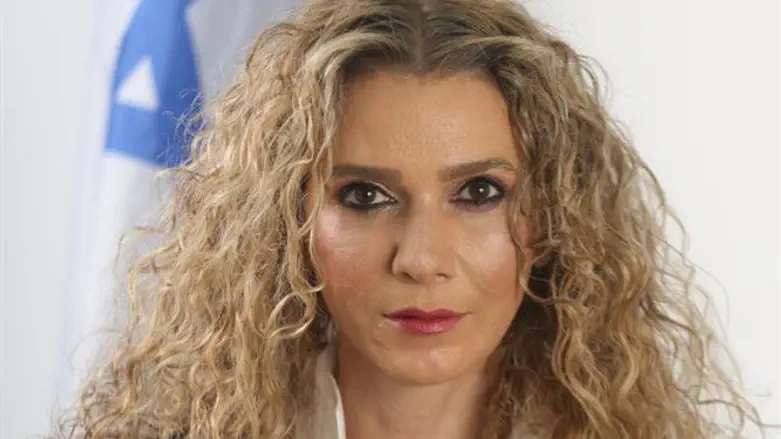
The Israeli judge who coordinated her decision for an upcoming hearing with an investigator will be disciplined for her actions, but will not face any criminal charges, an ombudsman announced Tuesday.
On Sunday, Channel 10 revealed a series of instant messages on the WhatsApp chat program between Judge Ronit Poznansky-Katz, and Eran Shaham-Shavit, an investigator from the Israel Securities Authority.
The two discussed the upcoming hearing for suspects arrested as part of the “Case 4000”investigation, which centers on suspicions that a Netanyahu aide provided chief Bezeq shareholder Shaul Elovitch with regulatory benefits in exchange for sympathetic coverage to the prime minister and his wife on the Walla! news website, which is owned by Elovitch as well.
In the messages, the Israel Securities Authority official informed Poznansky-Katz of his agency’s intention to request that several suspects’ arrests be extended, telling the judge to “act surprised” when he makes the request in court.
“I’ll practice looking surprised”, replied Poznansky-Katz.
“We’ll request three [more days], but you can really just give [us an extension] of two days,” the official wrote.
“If you keep telling me everything, I’m going to really work to act surprised,” Poznansky-Katz said.
Shortly after the Channel 10 report, the Tel Aviv Magistrates Court took Poznansky-Katz off of the case, assigning the file to another judge.
Justice Minister Shaked and Supreme Court chief justice Hayut responded to the case Sunday by announcing their plans to file a complaint within the Justice Ministry, rather than file a criminal report with police.
On Tuesday, Justice Ministry ombudsman Judge Eliezer Rivlin announced that Poznansky-Katz would face disciplinary action for her behavior, but added that no criminal charges would be filed against her.
In his report, Rivlin wrote that he had found a series of “personal and systemic failures”.
Poznansky-Katz, Rivlin said, had taken a sabbatical, but had agreed to handle the “Case 4000” investigation, due to her familiarity with the matter. Poznansky-Katz initially contacted the Israel Securitites Authority investigator, Eran Shaham-Shavit, to coordinate the logistics of her return from sabbatical to handle the case.
“The direct contact between the judge to the investigator, which began with logistical coordination, quickly deteriorated into a general dialogue, which is forbidden.”
Nevertheless, argued Rivlin, no crime was committed by coordinating ahead of the hearing.
“I brought the Attorney General and state prosecutor into the matter and shared with them in real-time the material that I received. While I myself did not find any evidence of criminal wrongdoing, I still wanted this probe to handled by a professional [prosecutor].”
“And what was found both in my office and in theirs pointed to a serious failure, but no evidence of a crime.”
